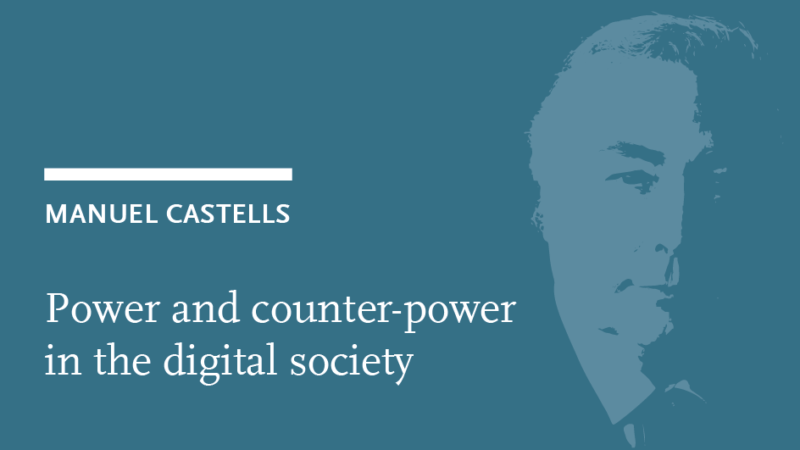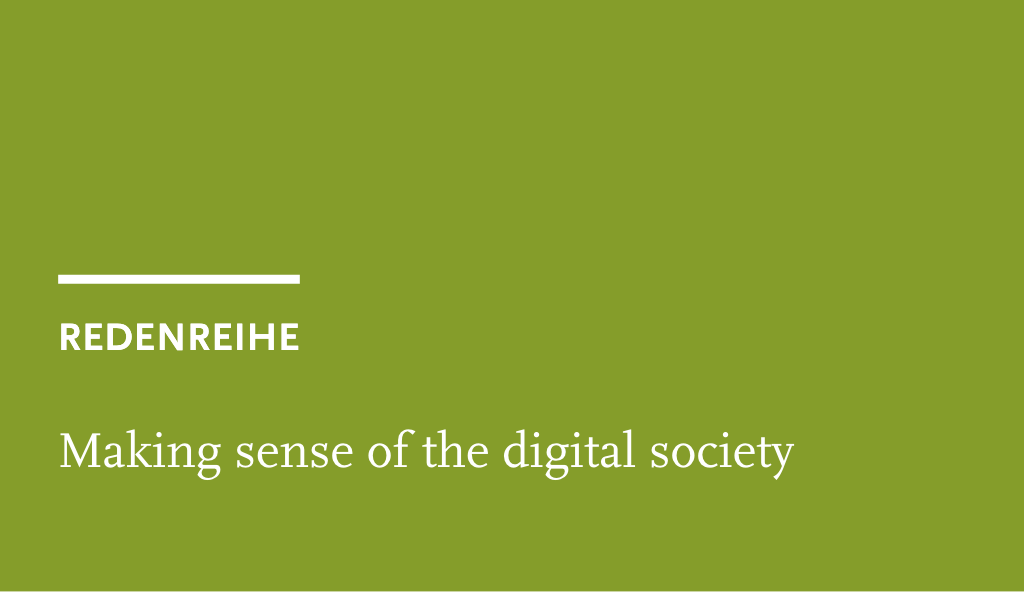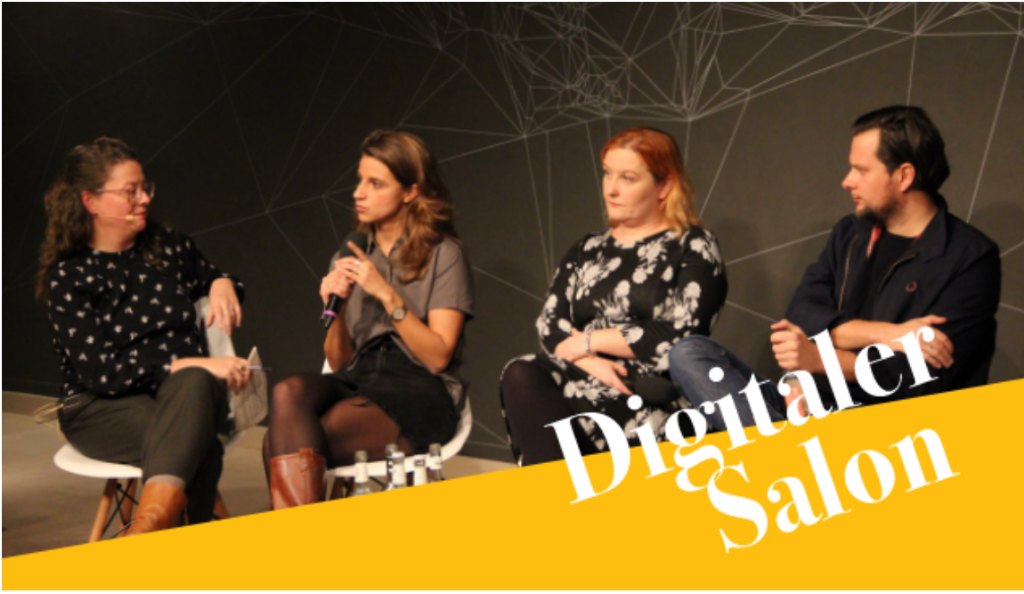
Manuel Castells: Macht in der digitalen Gesellschaft
Wie ist Macht in der digitalen Gesellschaft manifestiert? Manuel Castells, Autor der einflussreichen Information Age-Triologie, argumentierte 1996, dass traditionelle Formen der Macht verschwinden. Als Auftakt der Redenreihe Making sense of the digital society schaute Castells auf die Entwicklungen der vergangenen 20 Jahre zurück und erklärte, wie sich Macht und Widerstand gegenwärtig formieren. Die Veranstaltung wurde simultan auf Deutsch übersetzt.
How is power constituted in the digital society? Who is powerful – and how can power be countered and contested? The advent of digitally networked technologies has long been thought to foster democratisation and emancipation, to empower people that have previously been marginalised and neglected. Today, we know that the story is more complex: only a few companies dominate the internet ecosystem, democratic uprisings like the much-cited „Arab Spring“ have faced severe repressions.
Already with his highly influential trilogy The Information Age, Manuel Castells has highlighted the ambiguities of this development. Traditional forms of power might erode, but new, distributed forms of power emerge, Castells argued back then. In this lecture, he revisited the development of the last 20 years and explained the re-distribution of power and counter-power in the digital society.
Photos: © Mathias Völzke/HIIG
Manuel Castells is Professor of Sociology, Open University of Catalonia (UOC), in Barcelona. He is as well University Professor and the Wallis Annenberg Chair Professor of Communication Technology and Society at the Annenberg School of Communication, University of Southern California, Los Angeles. He has authored 26 books, including the trilogy The Information Age: Economy, Society, and Culture, 1996-2003, published by Blackwell and translated in 23 languages. This trilogy is probably the most-influential piece of academic work addressing the transformation of contemporary society in the context of the Internet.
Agenda
| 18:30 | Doors open |
| 19:00 – 19:15 | Welcome and introduction Petra Grün (bpb) Jeanette Hofmann (HIIG) |
| 19:15 – 20:00 | Power and counter-power in the digital society Manuel Castells (University of Catalonia / University of Southern California) |
| 20:00 – 21:00 | Moderated conversation and questions from the Audience |
| 21:00 – 22:00 | Get-together |
Making sense of the digital society
The Alexander von Humboldt Institute for Internet and Society (HIIG) and the German Federal Agency for Civic Education (Bundeszentrale für politische Bildung/bpb) are organising an academic lecture series on Making sense of the digital society. The high-profile series thrives to develop a European perspective on the processes of transformation that our societies are currently undergoing. Starting with an inaugural lecture by Manuel Castells on December 12, 2017 the series will continue throughout 2018. Further confirmed speakers are Marion Fourcade, professor of sociology at the UC Berkeley, Christoph Neuberger, professor of communication studies at the LMU München, Elena Esposito, Professor for Sociology at University of Bielefeld and University of Modena-Reggio Emilia, and José van Dijck, author of the forthcoming book The Platform Society and president of the Royal Netherlands Academy of Arts and Sciences.

DIGITAL SOCIETY VORTRÄGE
Diese exklusive Vorlesungsreihe entwickelt eine europäische Perspektive zu den aktuellen Transformationsprozessen innerhalb unserer Gesellschaft.
DIGITALER SALON
Einmal im Monat laden wir ausgewählte Gäste ein, um gemeinsam mit dem Publikum über die Auswirkungen der Digitalisierung auf die Gesellschaft zu sprechen.
NEWSLETTER
Erfahren Sie als Erstes über neue Events und spannende Forschungsergebnisse.





















































